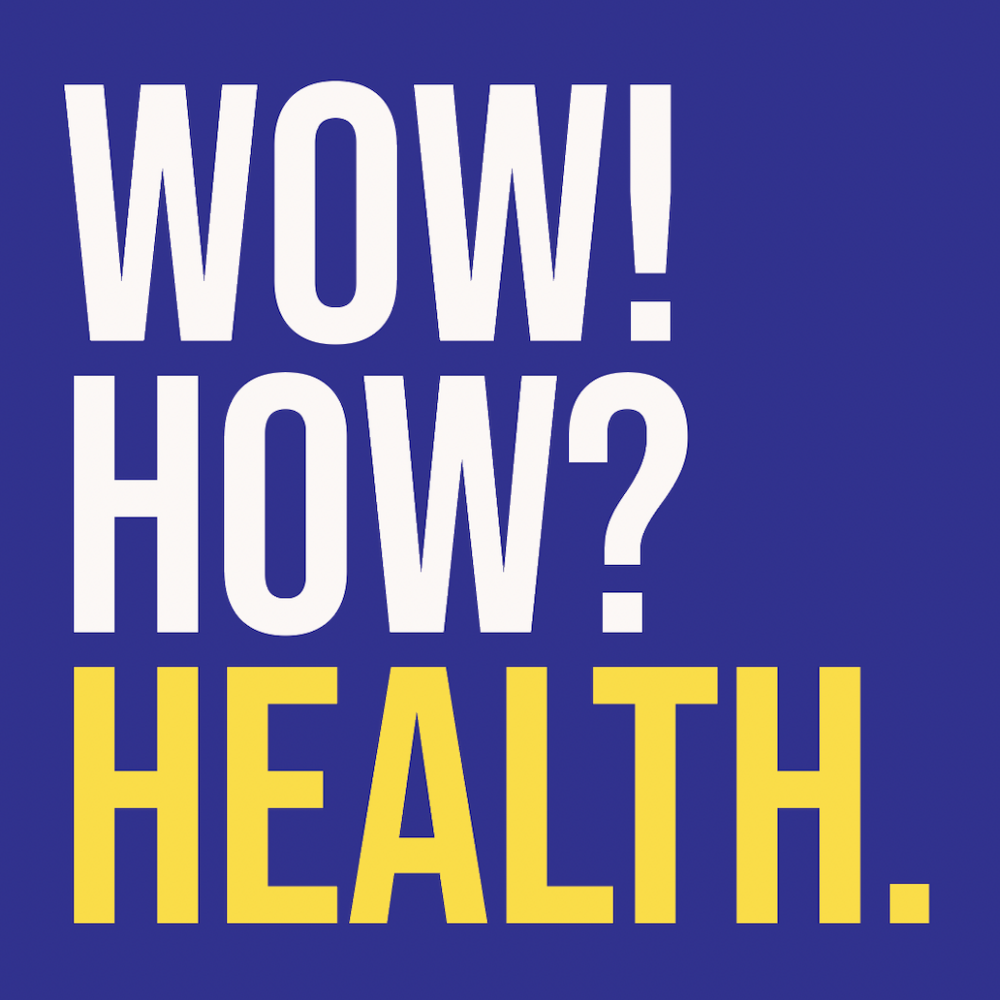
Thirty million people in the U.S. will have a clinically significant eating disorder at some point in their lives. Treatment gaps mean that only a fraction of sufferers will receive the care they need due to the high cost of traditional, in-patient treatment and a scarcity of mental health professionals available for some populations and regions, particularly rural areas of the U.S. Stigma and deep-seated misunderstandings of who is likely to be affected by an eating disorder also prevent people from getting care. Worst of all, eating disorders are deadly and disabling. An estimated 3.3 million healthy life years are lost annually worldwide due to people relapsing because eating disorders are so difficult to overcome.
In my book, Rebel Health: A Field Guide to the Patient-Led Revolution in Medical Care, I introduce a new way to look at the true picture of suffering due to people’s needs not being met by mainstream health care. Feeling isolated and invisible, like nobody understands your needs, is a recipe for disaster. People living with eating disorders often find themselves in that lower-left quadrant.

Kristina Saffran is one of those 30 million people who was diagnosed with an eating disorder. Happily, she lived to not only tell the tale of her recovery, but also co-found Equip, a patient-led company that aims to democratize access to eating disorder treatment. I’m proud to say that I’ve been an advisor to Saffran and to her co-founder, Erin Parks, Ph.D., since the beginning of their partnership because peer-to-peer health care is at Equip’s core. They are Solvers who recognized an opportunity to build a new approach to treatment, partnering with Champions at health insurance companies and in clinical systems who recognize the need for change.
Founded in 2019, Equip provides a virtual-first, evidence-based treatment model that includes a five-person care team: physician, therapist, dietician, peer mentor, and family mentor. And it is covered by many major insurance plans in all 50 states.
Let’s listen to people with lived experience, like Saffran, and help everyone join the patient-led revolution to heal health care.
Leave a Reply